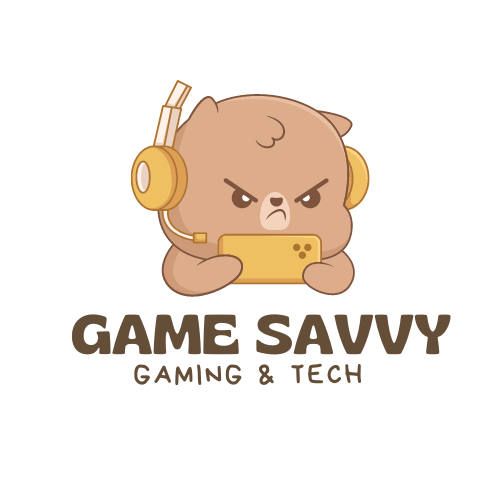Introduction
Artificial Intelligence (AI) has made significant strides in recent years, with chatbots being a prime example of this progress. As AI-powered chatbots continue to improve, they're becoming indispensable tools for businesses, providing support and streamlining customer interactions. In this article, we'll compare the top 5 AI chatbots currently available, examining their features, capabilities, and what sets them apart from the competition.
- ChatGPT by OpenAI
ChatGPT is a highly advanced AI chatbot developed by OpenAI, based on the powerful GPT-4 architecture. Known for its exceptional language understanding capabilities, ChatGPT can comprehend complex queries and respond with coherent, contextually relevant answers. This chatbot is ideal for businesses seeking to improve customer service and support, as well as for use in various applications such as content creation, tutoring, and more. With continuous updates and improvements, ChatGPT remains a top contender in the AI chatbot space.
- BARD by Google
BARD, or the Bayesian Active Reading and Dialogue system, is a chatbot developed by Google. It excels at providing detailed responses by actively reading and interpreting the information provided to it. Its ability to follow conversational context, ask clarifying questions, and infer details from previous conversations makes it stand out among AI chatbots. BARD's impressive language understanding capabilities make it an excellent choice for businesses looking to elevate their customer support and user engagement.
- Bing Chatbot by Microsoft
Microsoft's Bing Chatbot is a versatile AI chatbot that integrates seamlessly with various platforms, including websites, mobile apps, and Microsoft Teams. Its primary focus is on providing instant, accurate answers to user queries by leveraging Bing's search engine capabilities. The Bing Chatbot is highly customizable, allowing businesses to tailor its responses and behavior according to their needs. With its robust search engine integration and customization features, Bing Chatbot is an attractive choice for companies seeking a versatile and reliable AI chatbot solution.
- Rasa
Rasa is an open-source AI chatbot framework that enables developers to build highly customizable chatbots for various applications. Its key advantage is the ability to create chatbots without any restrictions or limitations imposed by proprietary platforms. This flexibility allows businesses to create AI chatbots tailored to their specific needs and requirements. Rasa's robust NLU (Natural Language Understanding) and ML (Machine Learning) capabilities make it a powerful choice for developers seeking a highly customizable AI chatbot solution.
- Dialogflow by Google
Dialogflow is an AI chatbot platform developed by Google that specializes in natural language understanding and conversational interfaces. Its easy-to-use interface and integration with the Google Cloud Platform make it an attractive choice for businesses and developers looking to create AI chatbots for various applications. Dialogflow's strength lies in its ability to understand user intent and provide contextually relevant responses, making it ideal for customer support, virtual assistants, and more.
Conclusion
Choosing the best AI chatbot depends on your specific needs, goals, and available resources. ChatGPT and BARD excel in language understanding and contextual conversation, while Bing Chatbot and Dialogflow provide robust search engine integration and cloud platform support. For those seeking a highly customizable solution, Rasa offers an open-source framework with powerful NLU and ML capabilities. By considering your unique requirements, you can select the AI chatbot that best aligns with your business objectives and enhances your customer experience.

